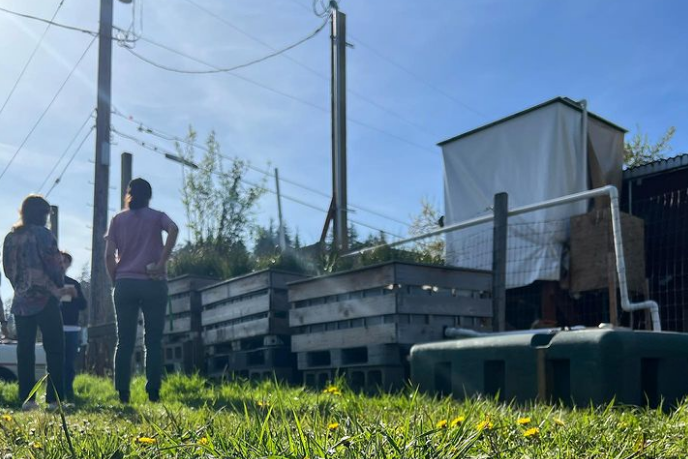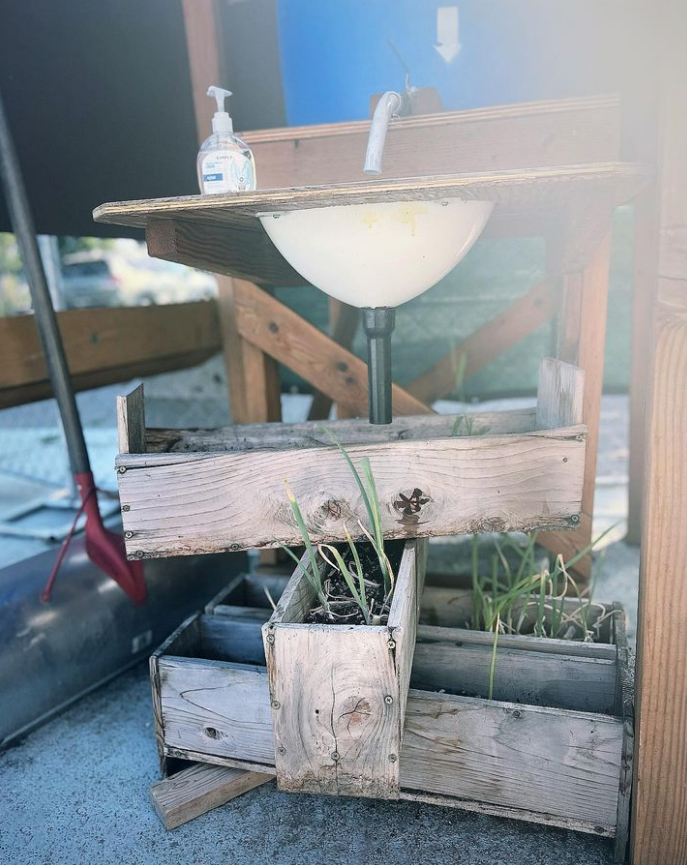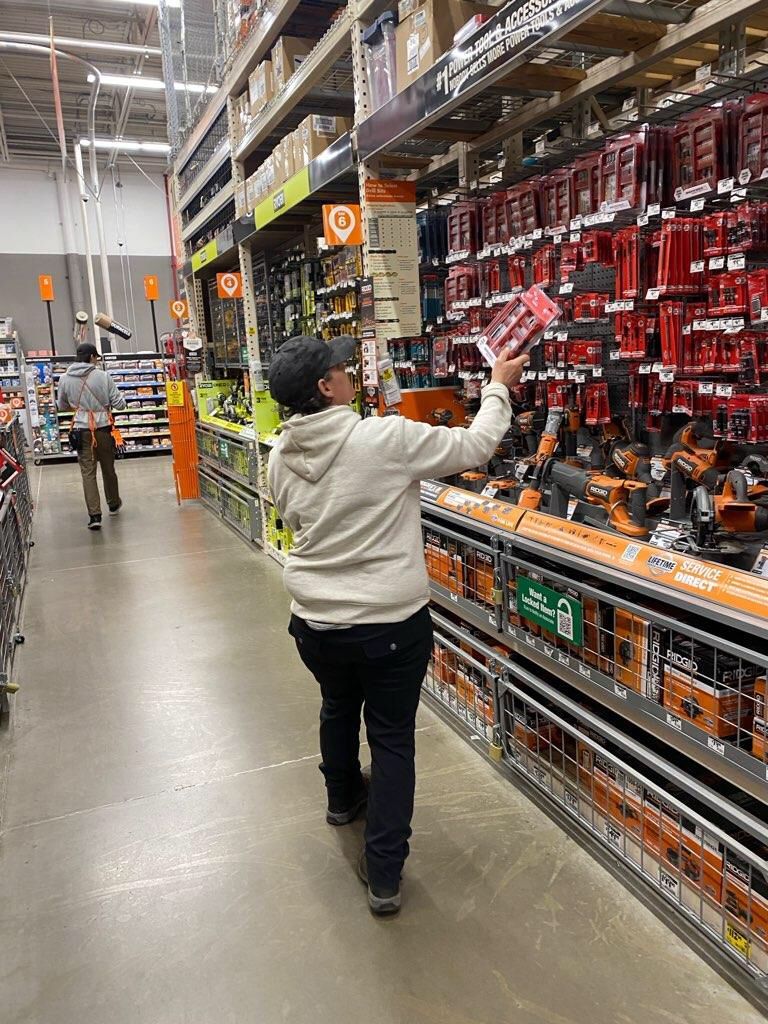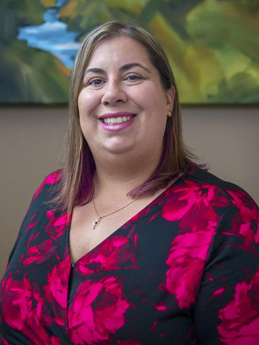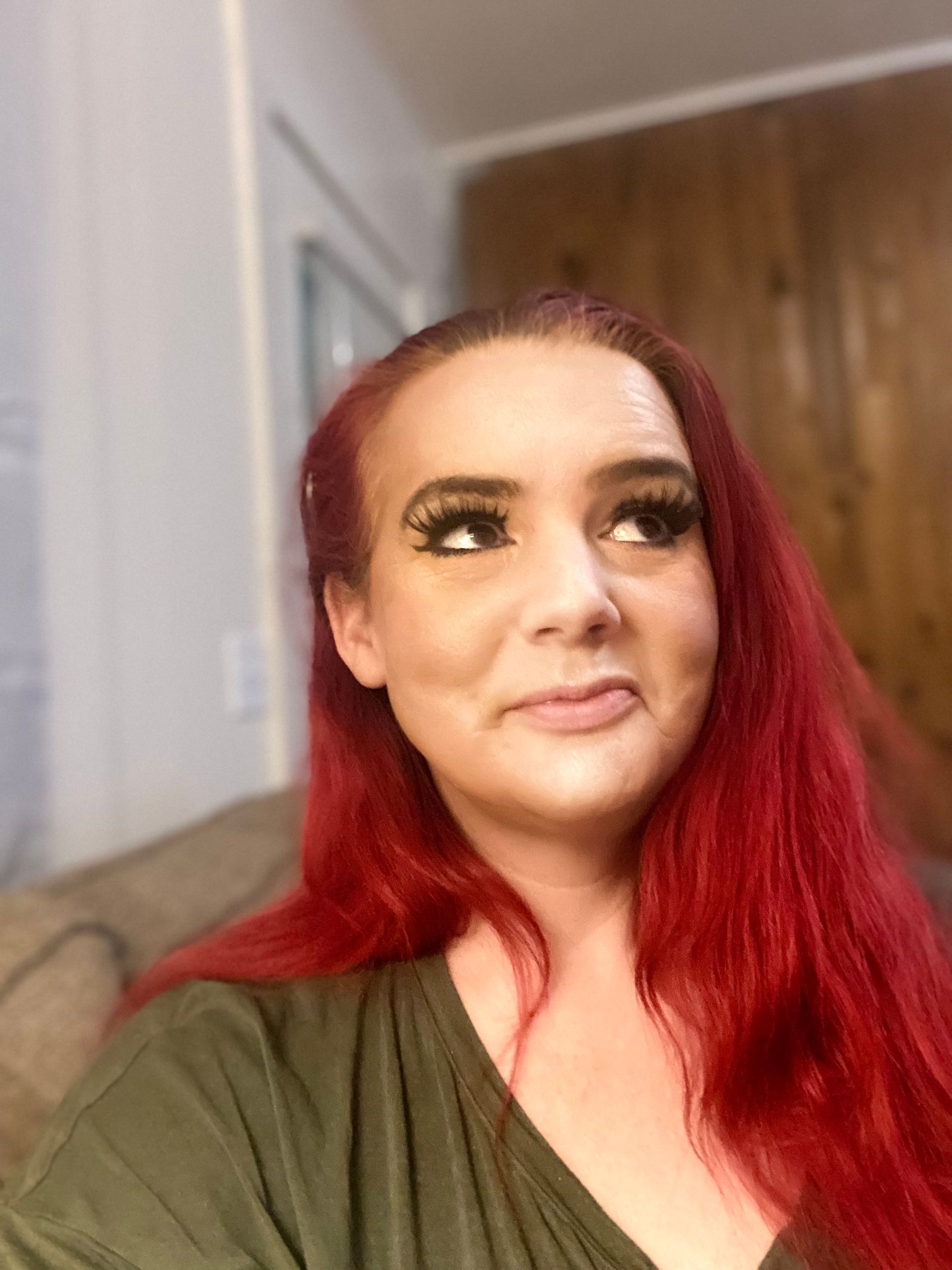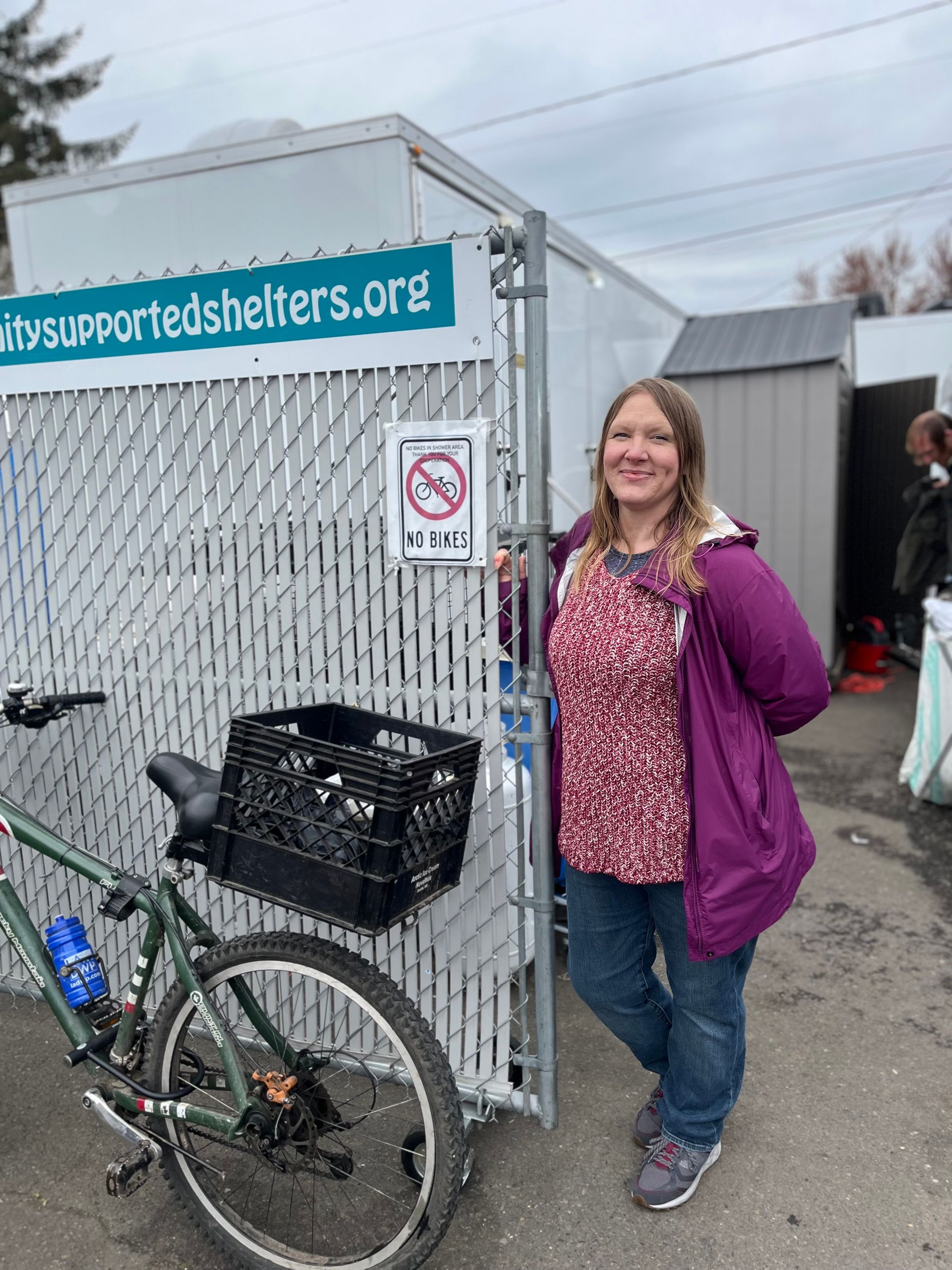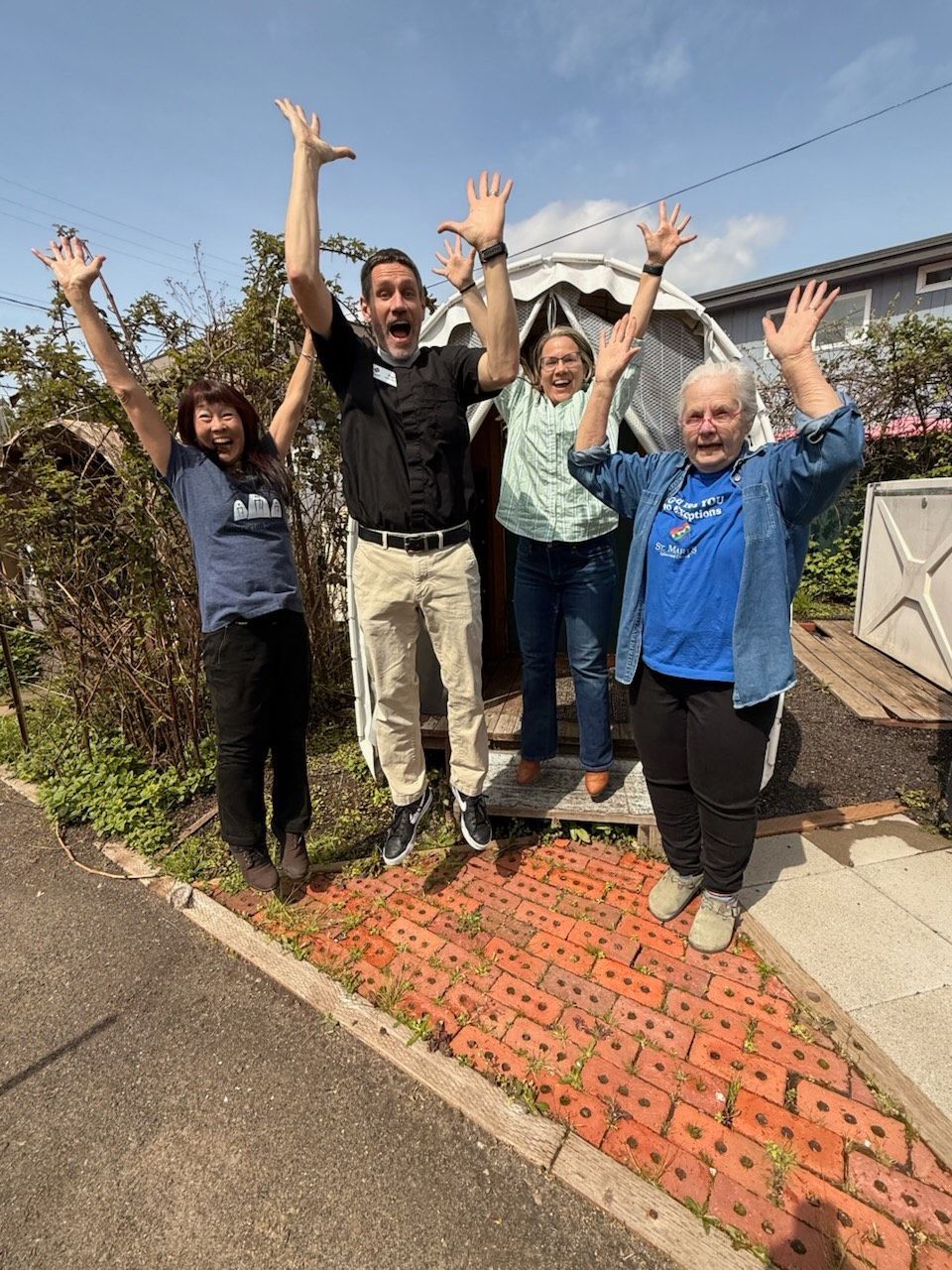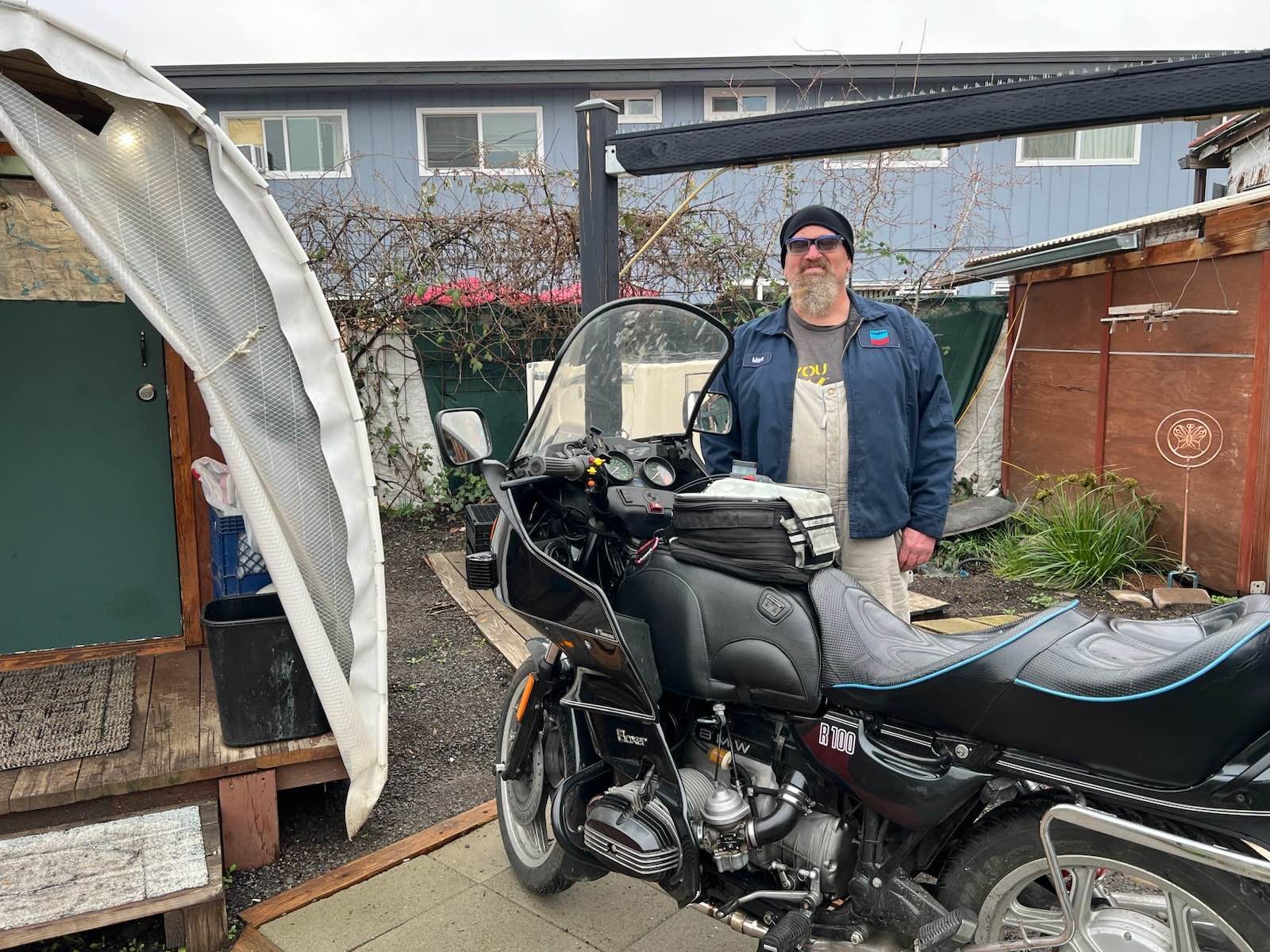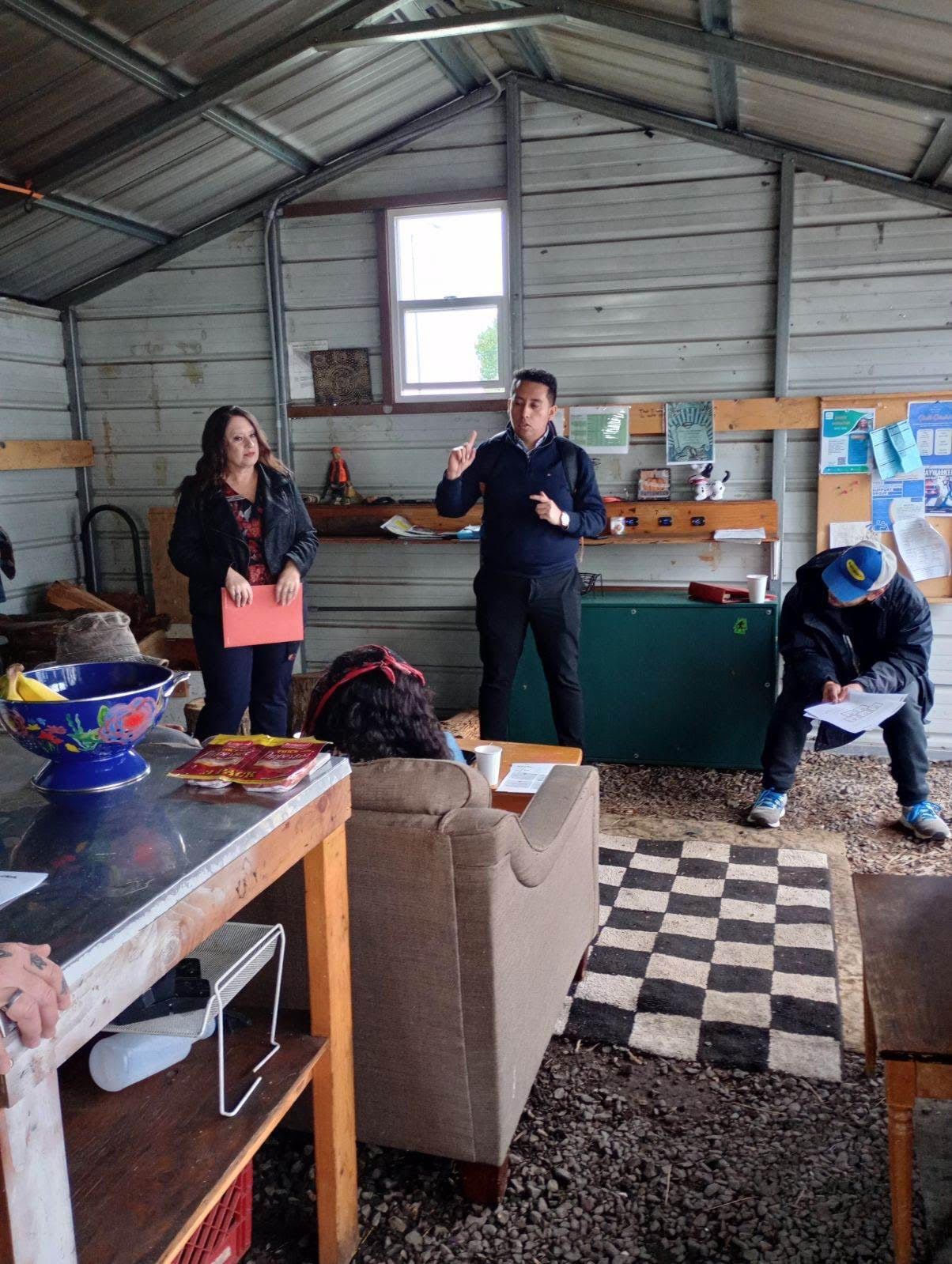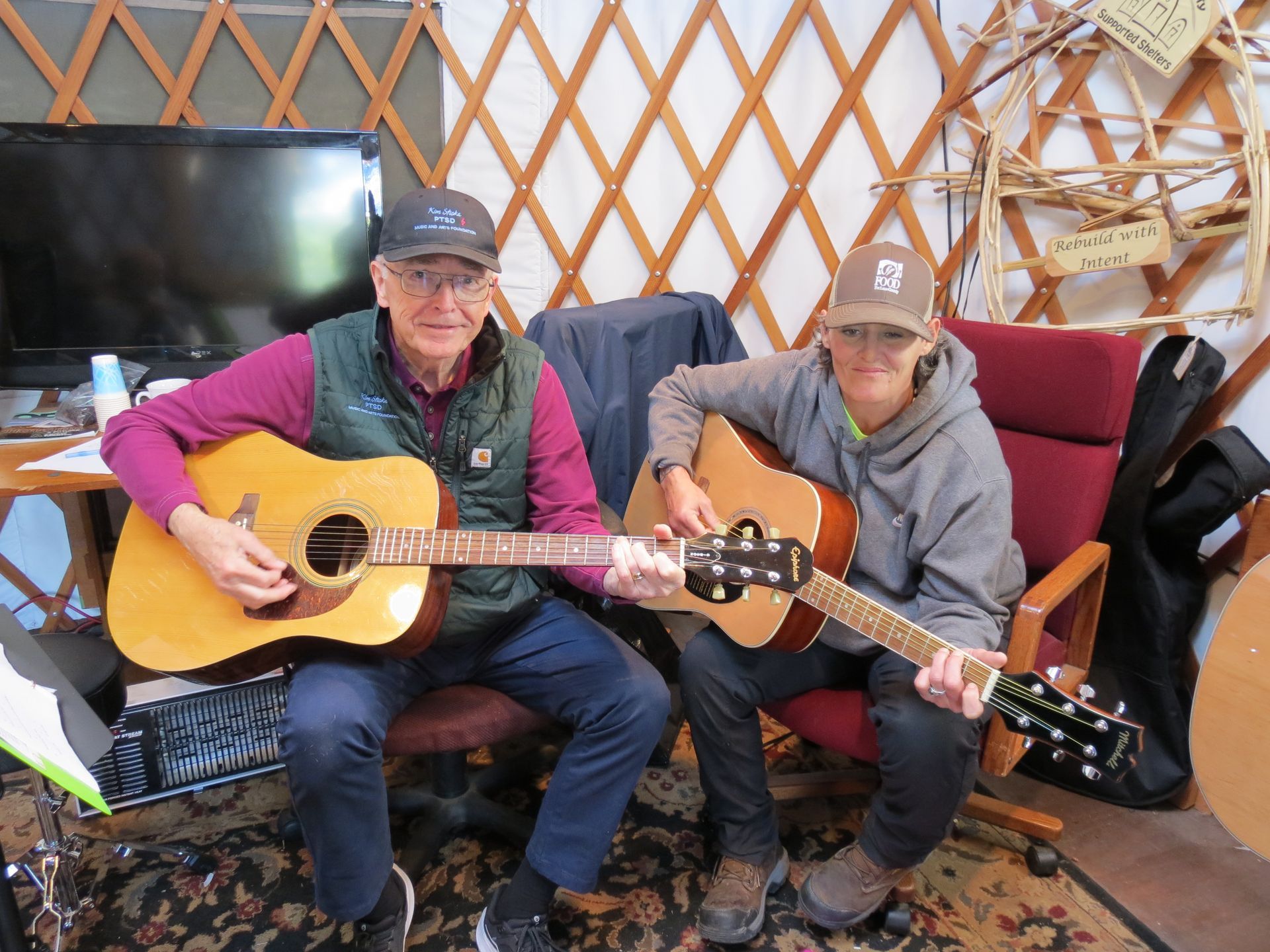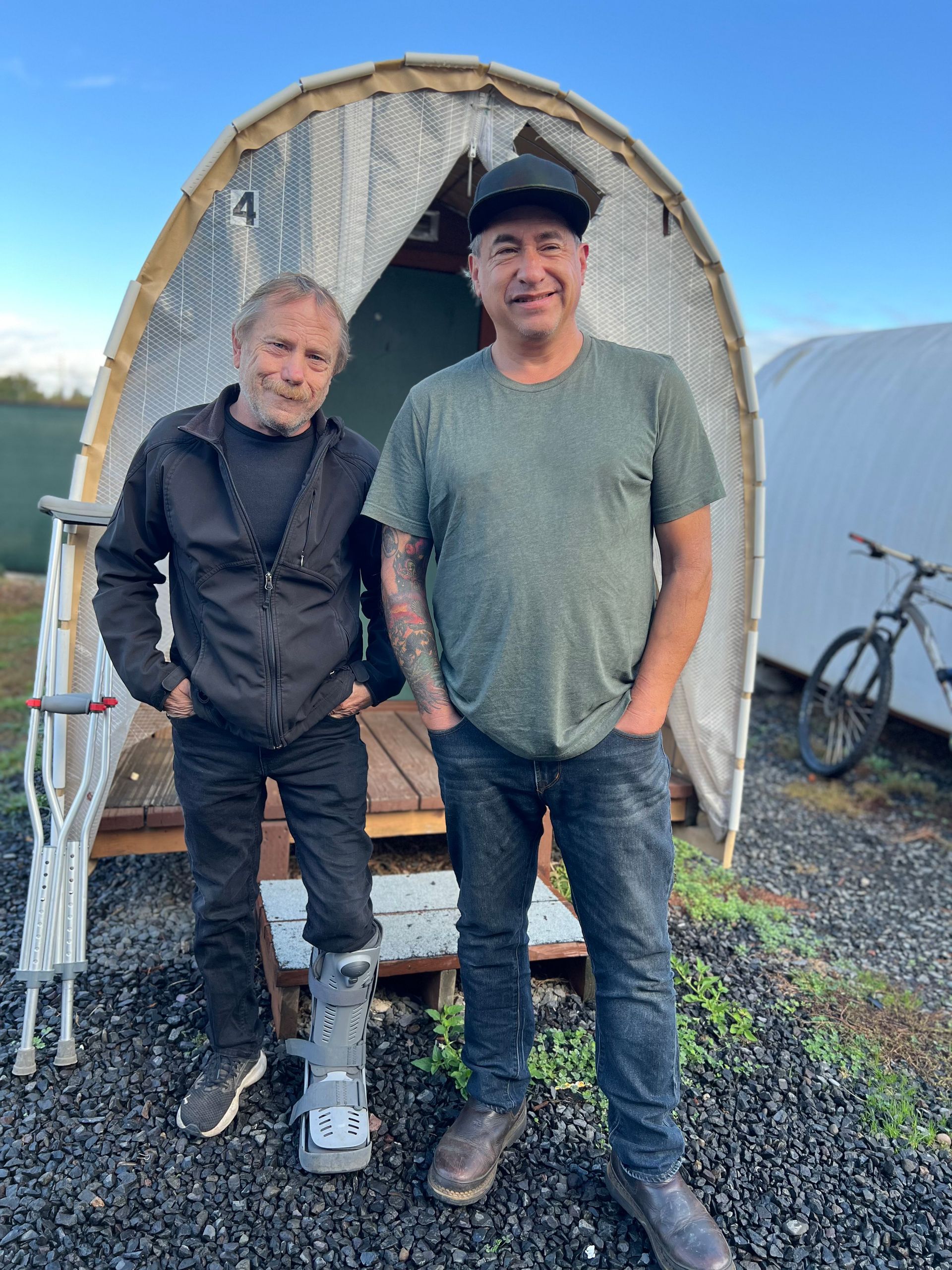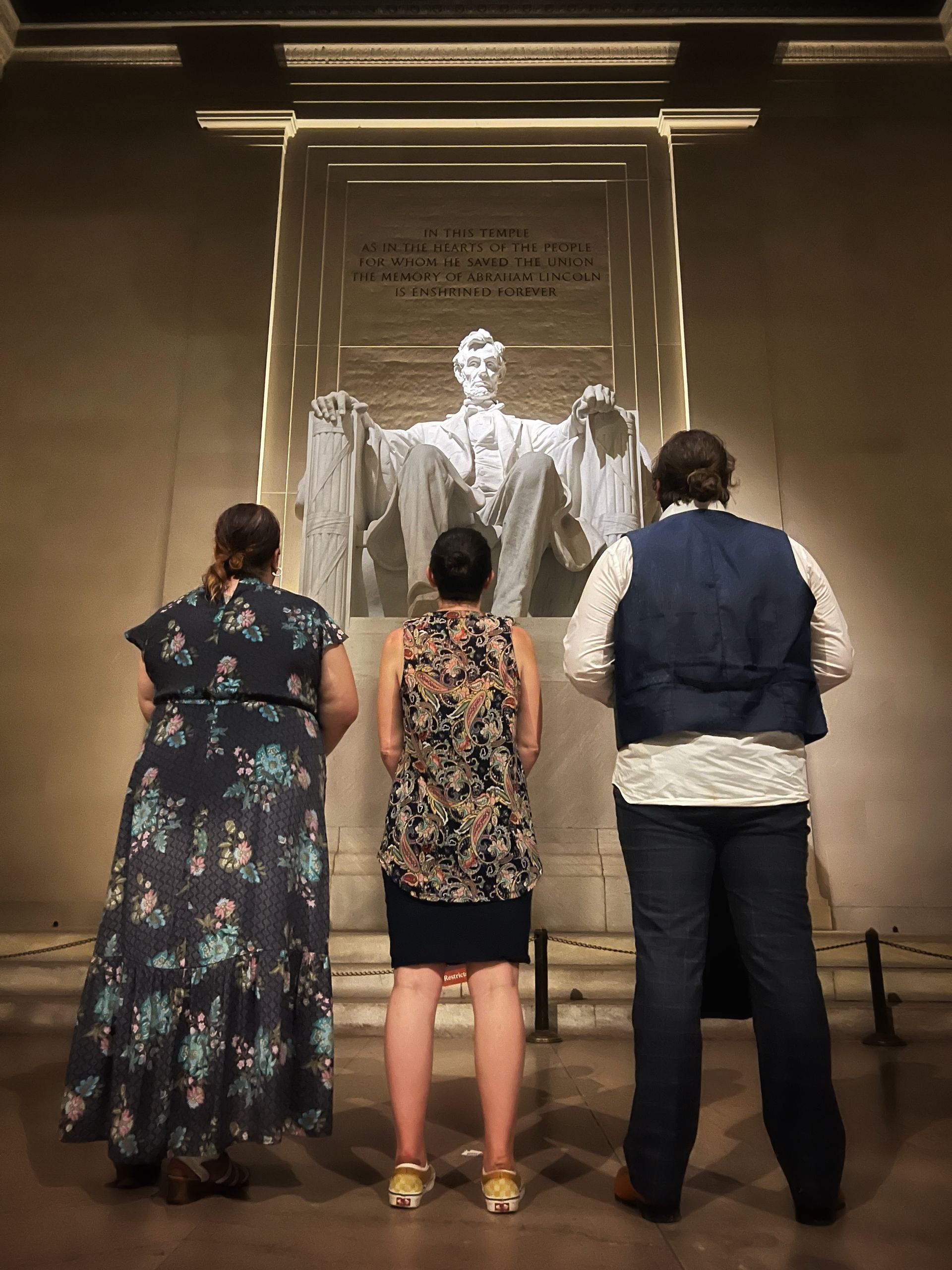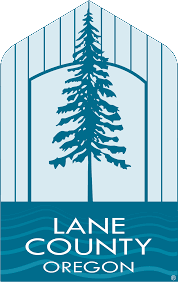Kory says that the community members at the Skinner Village site have embraced the project and helped to provide and implement adjustments to the system. “What’s really been cool is that every time I’ve been to the site there are community members who will come out and are super interested and will help out. We had the filtration system set up with a grease trap that wasn’t quite functioning correctly, and the folks there just sort of modified it to work better.” As part of the project, Kory’s students compiled written instructions for CSS on the design and maintenance of the system. “One of the things that we want to do is update that manual," Kory says, “So that they are not reliant on us showing up with a bunch of students, and CSS has the expertise to maintain the systems.”
According to Tabitha Eck, Director of Operations at CSS, the success of this pilot program at Skinner Village has resulted in funding from The Oregon Country Fair for the development of similar grey water reclamation systems at five additional CSS sites. Tabitha says, “It’s just a matter of getting the bodies in the right place at the right time and the resources to implement this.”
Kory is excited about working with the CSS team on additional sites with his students. While the fundamentals of the filtration systems are the same, the design is greatly influenced by each location's available space and landscape. “You’re taking the basic function of a wetland, and you are shrinking it into a box,” says Kory.
The Skinner Village and similar projects associated with the UO are part of an interdisciplinary platform that Kory and several other professors called Landscape for Humanity created. The emphasis is to research, design, and build landscape-based water systems for abundant food, energy, and water. To learn more, visit their website at landscape4humanity.org.


